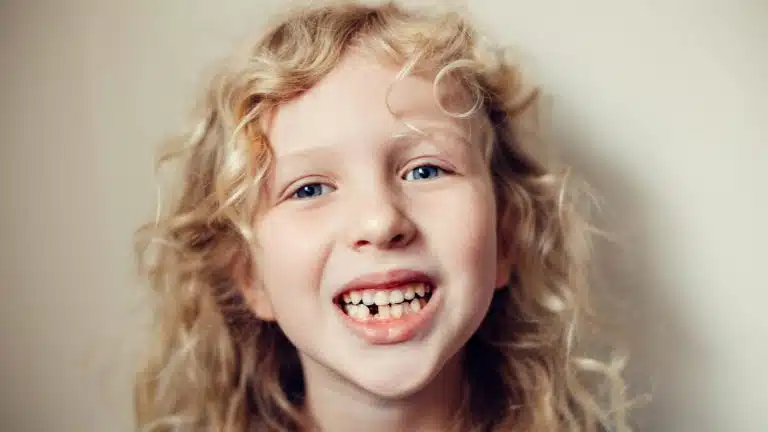Effects of Early Puberty in Children: A Guide Every Parent Should Have


Greetings, dear parents. We’re addressing an urgent but often unspoken topic today—early puberty in children. If your child matures faster than their friends, you’re not alone. Studies show that puberty begins earlier across populations. Understanding this phenomenon’s physical and emotional impacts is vital for proactive parenting.
First off, let’s get our terms straight. What do we mean by “early puberty”? Generally, puberty begins between 9 and 14 years for girls and between 12 and 16 years for boys. We’re looking at early puberty if these life-altering changes start noticeably before these age ranges.
Here are some definitive signs:
Girls:
Boys:
Identifying early puberty involves observing specific physical changes. Each gender has its distinct markers:
For Girls:
For Boys:
While early puberty primarily seems like a biological shift, its psychological effects can’t be ignored. According to studies, children experiencing early puberty are more prone to:
Early puberty isn’t merely a temporary phase; it can have lasting health impacts. Scientific evidence suggests:
Awareness trumps ignorance. Understanding these risks allows you to take preventative measures early on.
Kids experiencing early puberty often face unique societal challenges, something parents might overlook:
Given these dynamics, fostering an open dialogue with your child becomes indispensable. Keep lines of communication open; you’ll both benefit from it.
Several scholarly studies illuminate the subject of early puberty. For instance, research in the “Journal of Adolescent Health” indicated that early-maturing girls are more susceptible to substance abuse.
A separate study in “Pediatrics” revealed a strong correlation between early puberty and emotional issues among boys. Being well-informed aids you in making more effective parenting decisions.
Medical experts emphasize several actionable points:
Here’s how you can offer support as parents:
As we conclude this guide, let’s remember: early puberty is a complex issue influenced by various factors like genetics, nutrition, and even environmental conditions. While it can feel like a daunting journey for both kids and parents, it’s far from impossible. Knowledge remains your strongest asset. Consulting professionals for individualized advice is critical, as they can provide targeted approaches based on your child’s unique situation.
Your role as a parent is immeasurably powerful. Emotional support and open communication can go a long way in helping your child navigate these changes. Leverage the power of awareness and empathy; they can guide you through this challenging but essential phase.
Thank you for engaging with this comprehensive guide. Early puberty can be complex, but you don’t have to walk alone. Keep learning, stay vigilant, and remember: awareness and empathy go hand in hand in making this journey smoother for your family.
Early puberty, also known as precocious puberty, can sometimes be triggered by specific medical conditions. Some common culprits include congenital adrenal hyperplasia, McCune-Albright syndrome, and certain tumors that affect hormone levels.
Yes, early puberty can cause emotional and behavioral issues. Children might experience heightened levels of anxiety, depression, or aggression due to the rapid and confusing bodily changes.
Early puberty is medically referred to as precocious puberty. It describes the onset of pubertal changes well before the generally accepted average age for the start of puberty.
While early puberty is becoming increasingly common, it’s generally considered outside the norm and could signify underlying health issues. If you suspect early puberty, consult a pediatrician for diagnosis and management.
The earliest age for puberty varies among individuals but is generally considered uncommon before the age of 7 or 8 in girls and 9 in boys. Observing signs before these ages warrants a consultation with a healthcare provider.
References:

Get Your Resources to Your Email Now!